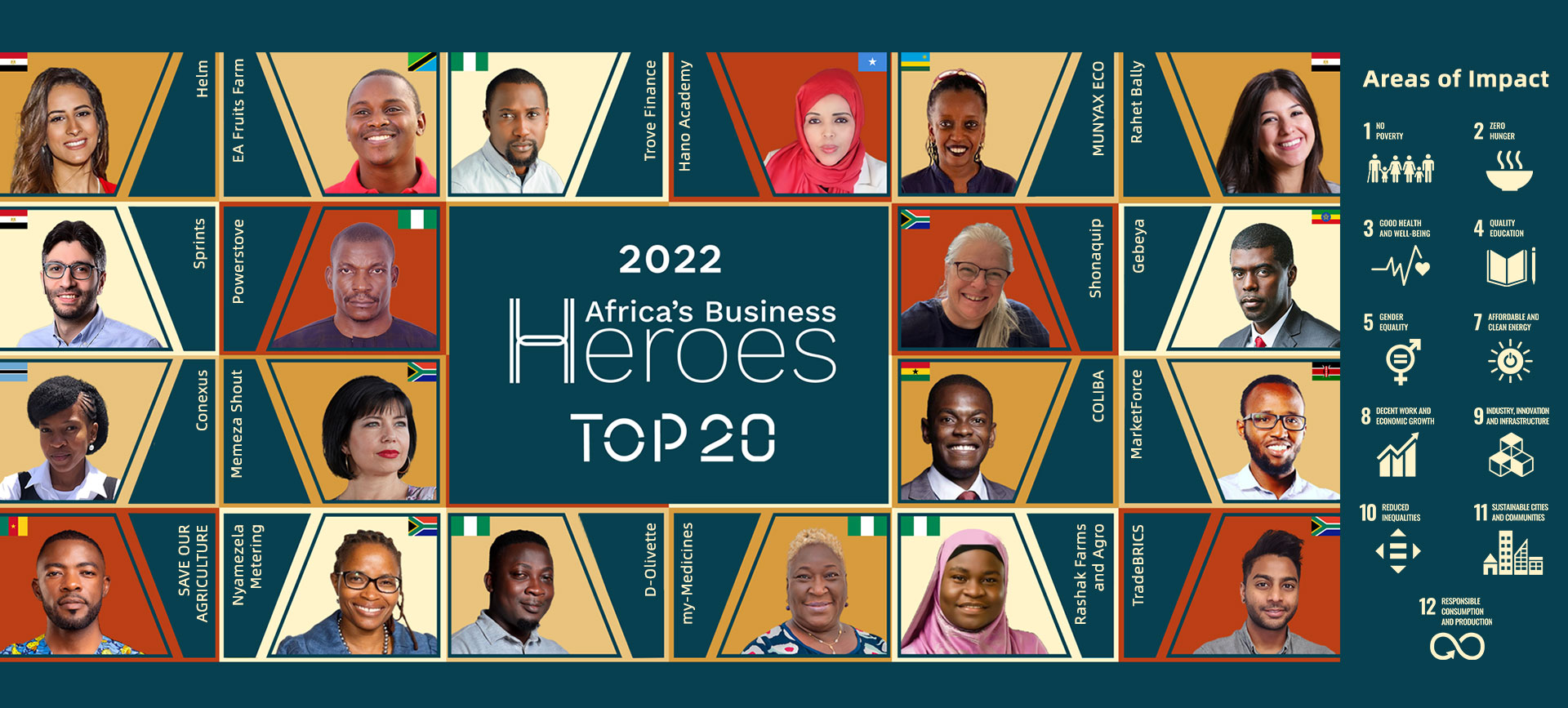But today a new lesson is being learned. Court documents and U.N. reports, some obtained exclusively by The Daily Beast, show that African states will not only stand by during mass bloodshed, but will assist a brutal government—
South Sudan—as it pushes the country closer to genocide.
A court affidavit in Nairobi alleges a close partnership between Kenyan and South Sudanese spies. A confidential report that describes U.N. peacekeeping operations suggests military cooperation between Uganda’s and
South Sudan’s government. And an internal U.N. letter shows that Egypt has provided diplomatic cover to South Sudan at the U.N. headquarters in New York.
This support has contributed to the collapse of South Sudan, the youngest country in the world that gained independence in 2011 with the strong support of the United States.
African states pushed for a greater role in solving regional crises after the
Rwandan genocide in 1994, where the U.S. and U.N. received blame for standing by during mass atrocities. There is no doubt President Salva Kiir and the constellation of rebel groups who have taken up arms against him are overwhelmingly responsible for their country’s fate. But the documents show how in one of East Africa’s first opportunities to take the lead in ending one of the world’s worst wars is failing, miserably.
Leaders are afraid of supporting an arms embargo, sanctions, and attempts to bring leaders to justice in South Sudan, because it could set a precedent in the broader East African region, Luka Kuol, a professor at the Africa Center for Strategic Studies said in an interview. The thinking of these African leaders is simple: these tools may be used against them next.
Princeton Lyman, the former U.S. envoy to South Sudan, also told The Daily Beast that Ugandan President Yoweri Museveni and others in the region have significant financial interests in South Sudan that are at risk if Kiir’s government falls.
The U.N. says South Sudan is at risk of genocide and ethnic cleansing already is underway. Earlier this year a million people were on the brink of a famine created by the conflict. Since the summer of 2016 nearly a million South Sudanese have fled marauding government forces into Uganda, where they have created the world’s largest new refugee camp.Uganda also appears to be one of the biggest military suppliers to South Sudan’s government, according to a collection of public reports by U.N. experts (
PDF).
Military cooperation between Uganda and South Sudan is close. When the exodus of refugees was at a peak last winter, Uganda’s military crossed the border into South Sudan to assist civilians fleeing the brewing ethnic conflict, according to a confidential report from the Ceasefire and Transitional Security Arrangements Monitoring Mechanism, a body that monitors the country’s peace deal.
The Ugandan military “temporarily helped civilians return to their villages to collect belongings, and encountered the SPLA [the government’s militia] gang raping women, especially near the Asua military barracks,” the report said.
No intervention on behalf of Uganda’s government was described in the March report.




























